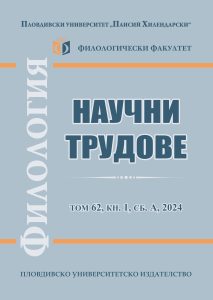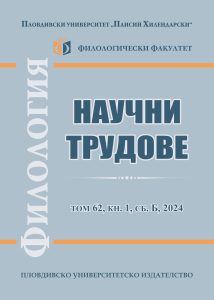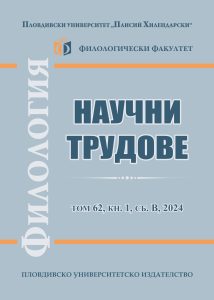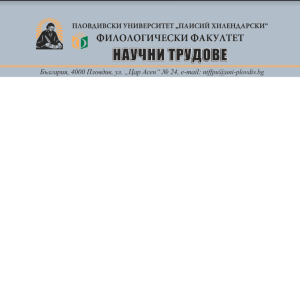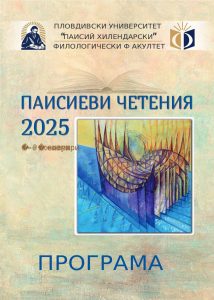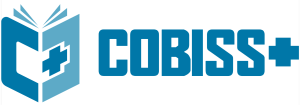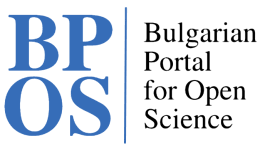VOL. 54, BOOK 1, PART A, 2016, pp. 230 – 241 Full text (Bg)
Author: Miroslava Vatova
Affiliation: St. Cyril and St. Methodius University of Veliko Tarnovo
Abstract
The present article deals with the categories of GOOD and BAD as reflected in Bulgarian lexical system from Cognitive Linguistics point of view. The research is based on the view that the concepts of GOOD and BAD undoubtedly belong to the natural kinds of human experience, but nevertheless they require definition by means of metaphors as long as they do not exist objectively in the physical world. Instead, they are resulting from human comprehension. The attention is drawn more specifically to the image schemas PART–WHOLE and LINK which the Bulgarians have used unconsciously in order to understand the more abstract cognitive domains of GOOD and BAD.
Key words: Cognitive Linguistics, metaphor, the categories of GOOD and BAD, image-schemas PART–WHOLE and LINK, FIGURE-GROUND


